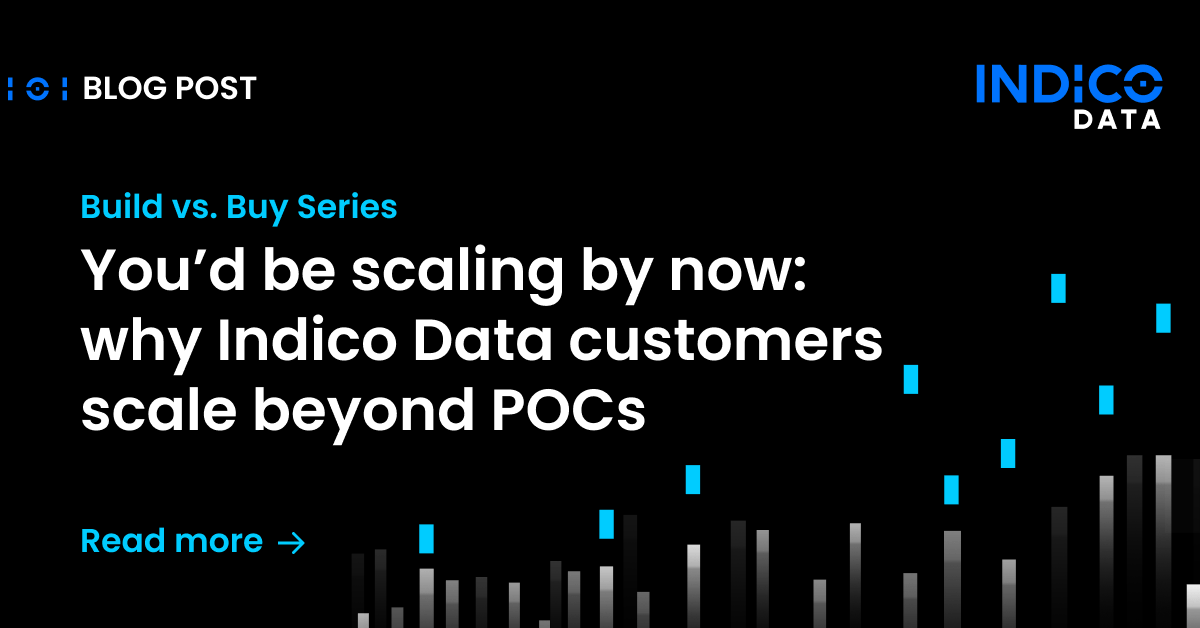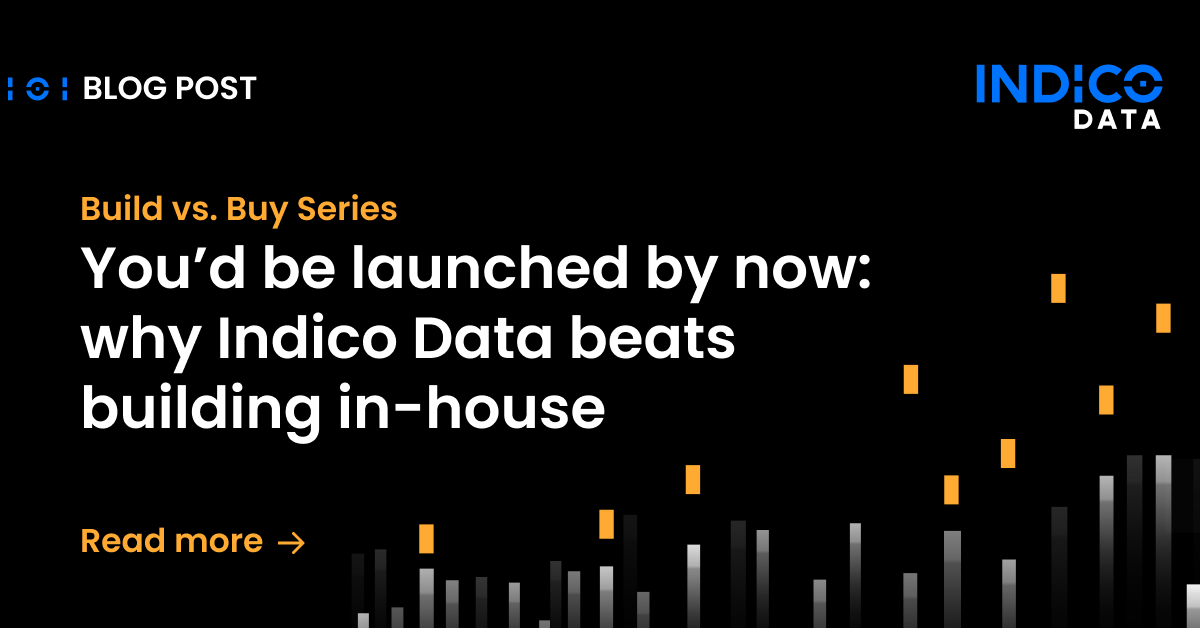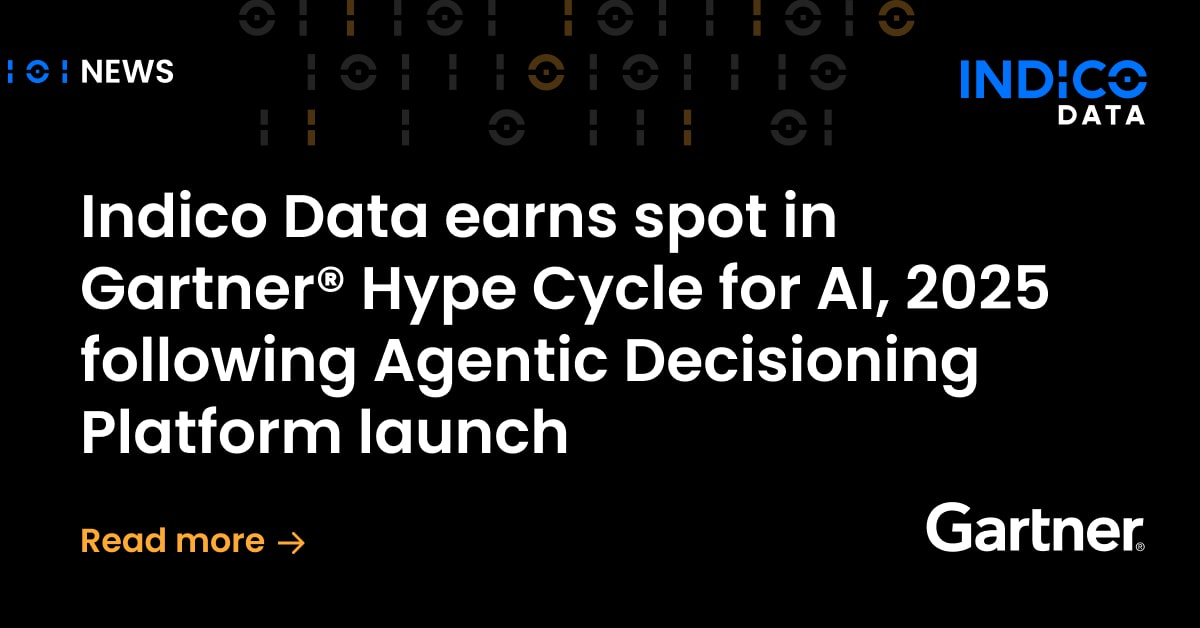Failure to process claims quickly and accurately is the best way to lose customers in the insurance industry, which is why so many commercial insurers are interested in using artificial intelligence to automate claims processing. The first step in that effort is to streamline claims intake processes, an area where AI-based intelligent intake solutions shine.
An Accenture survey of some 6,700 policy holders and 120 claims executives revealed $170 billion in insurance premiums could be at risk by 2027 due to poor claims experiences, costing the industry around $160 billion. The survey found one-third (31%) of claimants were not fully satisfied with their claims-handling experiences, leading many to switch carriers.
The solution, Accenture said, is AI. “AI has emerged as the transformative technology and critical differentiator in the insurance industry, especially when applied in tandem with humans,” according to its report, titled “Why AI in Insurance Claims and Underwriting?”.
Intelligent intake for insurance claims
AI has a big role to play in the area that is arguably the most laborious and time-consuming in the claims process: the claims intake workflow. Any insurance professional is familiar with that drill. Claims come in, typically from a broker, with myriad documents and images detailing the damage along with repair estimates, perhaps injury data, handwritten adjuster notes, and more. All of it has to be processed.
For years carriers have tried to automate claims intake using chiefly robotic process automation (RPA) and optical character recognition (OCR) technologies. But they invariably ran up against a hard fact: RPA and OCR cannot adequately handle unstructured documents, which make up 85% or more of those involved in the claims process.
Intelligent intake is different. A form of intelligent document processing (IDP), it employs a combination of AI technologies including large language models (including GPT models), machine learning, transfer learning, and rule-based reasoning. Used on top of a massive database of labeled data points, the AI technologies enable an intelligent intake solution to read most any form of unstructured content, including images.
With a proper, easy to use interface, insurance claims professionals can build AI-based models to read the myriad documents involved in claims intake, extract key data, and turn it into a structured format. It’s not unusual for intelligent intake to eliminate some 70% of manual document handling in the claims intake process.
That, in turn, has a profound effect on the overall process, helping insurers streamline claims settlements, reduce processing time, and increase customer satisfaction.
Related content: Yes, GPT-based AI models are ready to apply to the insurance industry
Streamline claims settlements
By automating repetitive tasks such as data extraction, intelligent intake helps carriers process claims not only faster but more accurately – because computers don’t get tired. Solutions that support staggered loop machine learning also become more accurate over time. When users accept or correct a model’s predictions, that is fed into the model to improve future performance.
A good intelligent intake solution can also integrate with downstream solutions such as Guidewire ClaimCenter, pre-populating some 80% of required fields. That eliminates the familiar “see and key” or swivel chair process where claims handlers pore over claims emails and attachments, looking for data that must be entered to Guidewire, including case owner, case status number, cause and date of loss, estimates for extent of loss, and the like.
This sort of AI-driven claims intake greatly streamlines the claims intake process, enabling carriers to process more claims without increasing headcount.
Related content: Understanding Indico’s Staggered Loop
Reduce insurance claim processing time
By eliminating some 70% of manual claims document handling, intelligent intake also saves time in the claims handling process. Intelligent claims intake software can speed claims processing times by 4x or more.
Part of the reason for that is the near elimination of errors. Errors introduce not only potentially costly mistakes in claims processing, but delays in settlements once they are discovered. Using intelligent intake, carriers improve the integrity of the claims process and reduce the risk of introducing erroneous information.
Increase customer satisfaction
Clients buy insurance for a simple reason: to protect against loss in the event of some type of incident, be it an injury, disaster or the like. Should the time come when they need to make a claim, that’s when they need their insurance carrier to step up.
This finding from the Accenture study, then, should not be surprising: “Claims dissatisfaction is a major factor in driving policyholders to switch to another company, with 74% of dissatisfied customers either saying they did change providers (26%) or are considering it (48%).”
Simply put, implementing intelligent intake for insurance claims can help you process claims faster and more accurately. If you can make your clients whole in short order, you will increase customer satisfaction, and experience less churn.
If you care to see for yourself what intelligent intake can do for your company, sign up for a free demo. Or contact us with any questions.


